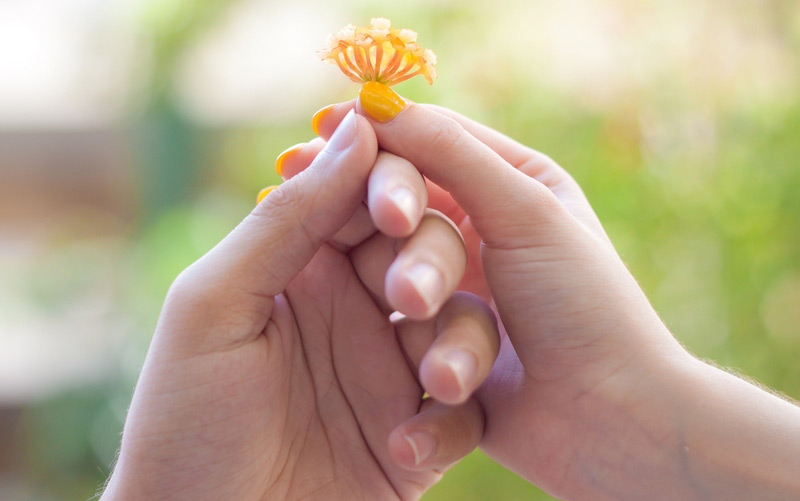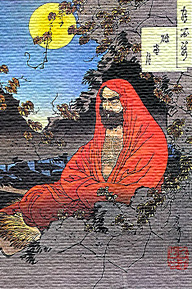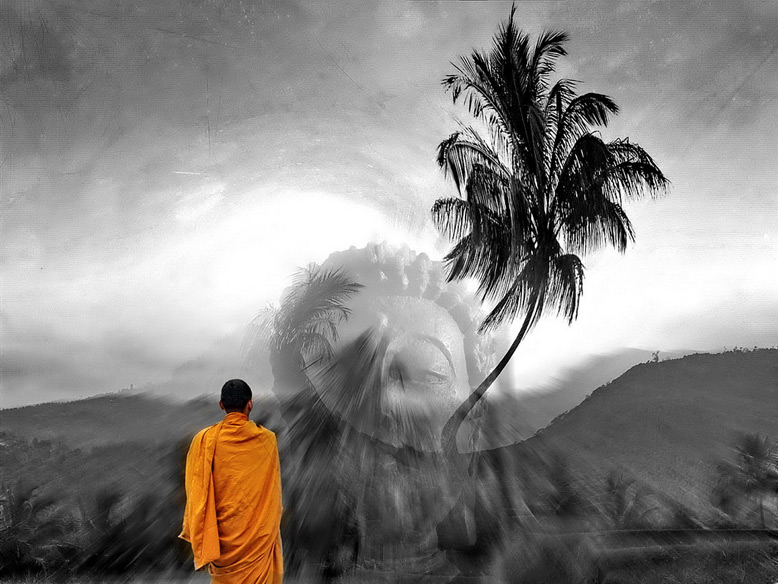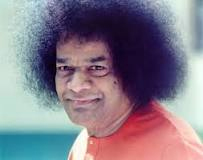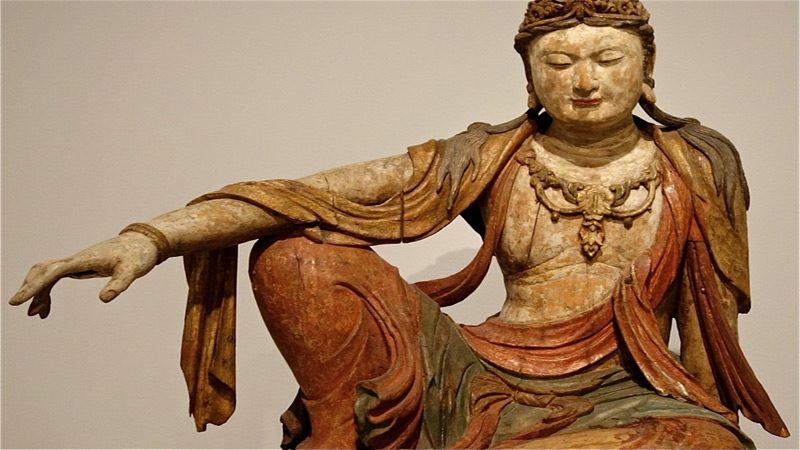
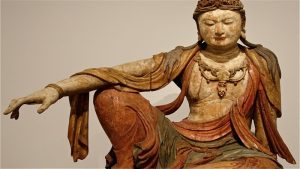 The term bodhisattva refers to a sattva (meaning person) on a Buddhist path in pursuit of Bodhi (meaning Awakening).
The term bodhisattva refers to a sattva (meaning person) on a Buddhist path in pursuit of Bodhi (meaning Awakening).
In tradition of Mahayana, a bodhisattva is a person practicing the Paramita ( meaning Perfection) who aspires to be a Buddha in the future. Bodhisattva in this sense is seeking ANUTTARASAMYAKSAM BODHI (a complete and perfect awakening) through Prajna (meaning Wisdom). Perfect awakening is sought for the benefit of all sentient beings through Karuna (meaning Compassion).
A bodhisattva is a person who courageously seeks enlightenment not just for their own sake but for the benefit of the others human beings as well.
A bodhisattva is also named a mahasattva or “Great Being” because they are Mahayana practitioners that seek a complete awakening. They are equipped with all the necessary tools for achieving enlightenment — they have accumulated merits and wisdom. —and the quality of knowing how to act the right way in any given situation.
The path of the bodhisattva is considered a higher stage than the path of any spiritual disciple and the path of the self-awakened buddha. The reason can be seen in the way they achieve enlightenment.
A Bodhisattva is destined to achieve enlightenment by dealing with their intellectual and emotional afflictions, while the other two paths try to achieve Nirvana which is a result of dealing with the emotional afflictions only.
Synonyms of bodhisattva are:
- mahasattva (great being)
- lsvara (lord)
- jinaputra (Buddha’s son)
- uttama dyuti (most splendid)
- maha punya (greatly meritorious)
- jinadhara (holding to the Buddha)
- vijetr (conqueror)
- dhimat (wise)
- jinankura (Buddha’s offspring)
- paramascarya (most marvelous)
- sarthavaha (caravan leader)
- krpalu (compassionate)
- vikranta (bold)
- mahayasas (of great glory)
- dharmika (righteous).
Bodhisattvas can belong to one of ten classes:
- gotrastha (Bodhisattva who hasn’t yet reached purity)
- avatirna (Bodhisattva who investigates the arising of the enlightened mind)
- asuddhasaya (Bodhisattva who has not yet reached a pure intention)
- suddhasaya (Bodhisattva who has reached a pure intention)
- aparipakva (Bodhisattva who has not yet matured in the highest state)
- paripakva (Bodhisattva who has matured in the highest state)
- aniyatipatita (Bodhisattva who has not yet entered contemplation)
- niyatipatita (Bodhisattva who has entered contemplation)
- ekajatipratibaddha (Bodhisattva who is about to enter the supreme enlightenment)
The Bodhisattva Vow
The Bodhisattva vow simply means putting others before oneself. Even one’s own wellbeing for the sake of other sentient beings, even one’s own enlightenment.
In the effort to liberate order people, a Bodhisattva has to perfect six virtues or paramitas – discipline, patience, meditation, generosity, exertion, and transcendental knowledge.
Taking this vow implies, taking great responsibility on one’s shoulders. It means sacrificing one’s individuality and becoming completely open to the world.
Guanyin
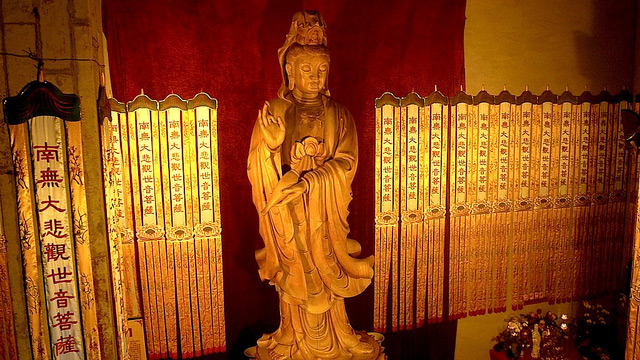
Photo 1 by Dean Hochman
Photo 2 by Cliffano Subagio

